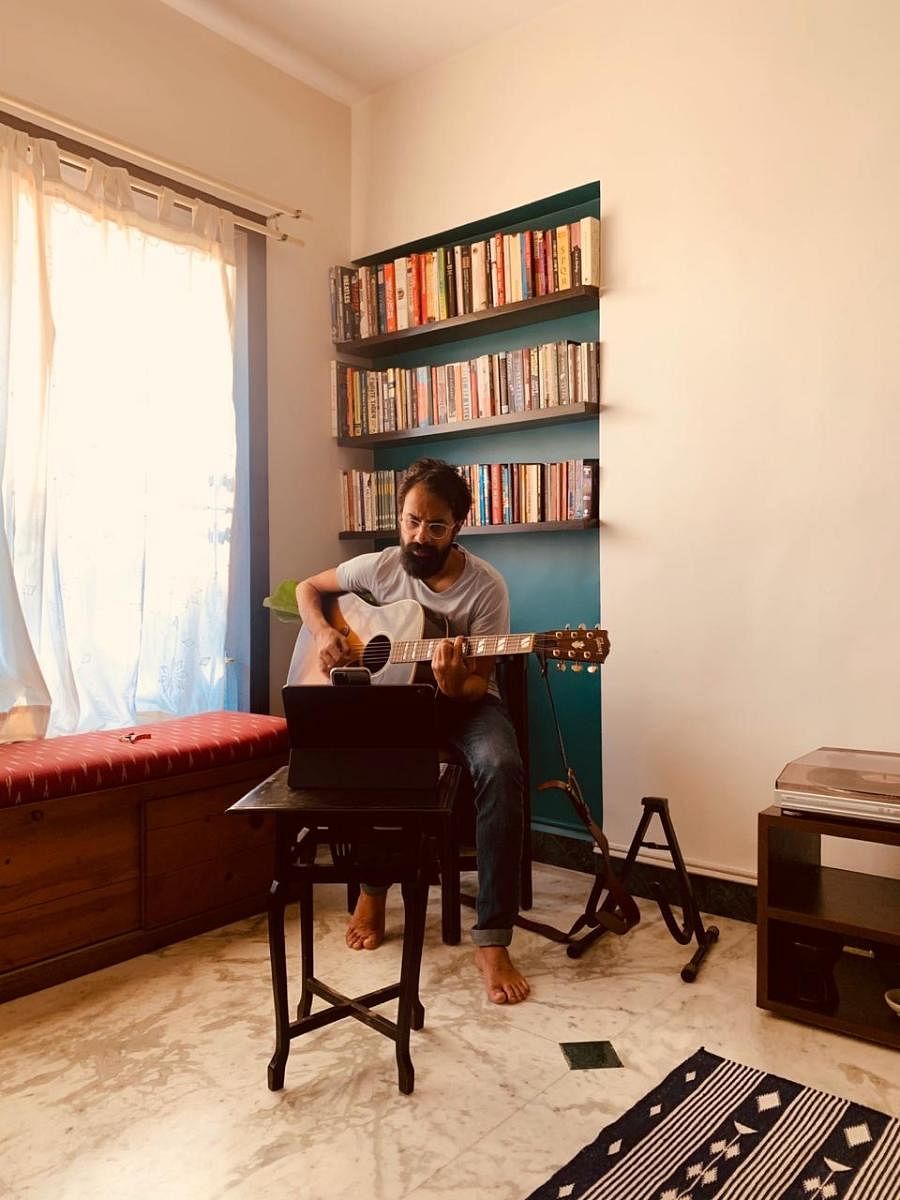
Early last month, the Indian Performing Right Society (IPRS) announced a royalty on online performances, and left musicians in shock.
Musicians were asked to pay Rs 20,000 for an online performance even if they were streaming it for free from a personal page.
If the performance exceeded two hours, the royalty went up Rs 30,000. If the gig was ticketed or sponsored, musicians had to pay Rs 60,000 to Rs 1 lakh. If the royalty was not paid up front, a 30 per cent penalty was stipulated.
Heavily criticised in the community, the IPRS rolled back the idea.
Rakesh Nigam, CEO of IPRS, says the rates were meant to drive a conversation about the need for regulation in the new, online performance space.
“We are speaking to various stakeholders to come to a better understanding of the space and to arrive at a rate that is better suited for all,” he told Metrolife over the phone from Mumbai.
The IPRS functions for the benefit of the artiste community and all the money collected goes directly to the owners of the song copyright holders, he says.
Need for a tariff
Ankur Tewari, singer-songwriter and a member of the IPRS, says no one is questioning the need for a royalty tariff.
“IPRS is a friend of the artiste, and they allow us to get royalties from our work. But these rates were exorbitant. I applaud them for listening to the feedback and withdrawing it,” he says.
Dennis George of Gigs on Wheels, a Bengaluru-based indie band that occasionally covers songs, says, “Royalties are necessary as the original artiste has put in long hours to make the song what it is. But these rates were shocking.”
For a band like his, paying such rates would affect their livelihood. “Even if we were ticketing our gigs, the rates would eat into our revenue greatly,” he says.
He believes the rates are high even for companies hosting shows. He suggests a royalty of about Rs 5,000.
The royalty was earlier the headache of venues and event managers, Tiwari says. “Now with everyone performing in their own capacity, they have to incur these costs. It was unfair of the IPRS to equate the capacity of venues with those of artistes,” he says.
While the earlier IPRS memo stipulated a royalty even from free concerts, it now says events organised by an artiste with no monetary benefit will not be subject to a licensing fee.
“Only organisers and venues are liable to a charge,” Nigam says. However, if an artiste is ticketing the event and making money, the fee will kick in.
Tiwari says even when artistes are not taking money, they are building a brand and following, and should pay to do covers.
Some cover artistes get paid gigs and even work with brands. “If they are gaining something from my hard work, it only makes sense that I receive the royalties for it,” he explains.
Not everyone agrees. “Young artistes may be discouraged from pursuing their passion if there is a royalty for every performance. It’s not feasible for them,” says Dennis.
Who owns a song?
The matter is complex, and singers don’t always own the rights to their songs. Copyright may lie with the composer or the record label. In such a case, singers will have to pay to perform their own songs.
This came to light recently in a Taylor Swift case. The pop singer is in a copyright dispute with her old label, Big Machine Records. She does not own the rights to songs from her first six albums, her old label says. This despite the fact that she is not just the singer but also the writer and composer of almost all of them. Closer home, a copyright dispute broke out between SP Balasubrahmanyam and composer Ilaiyaraaja. On a tour of the US, SPB had to stop performing songs composed by the maestro.
Practical difficulties
The Indian Performing Rights Society concedes it has no clue how the royalty regulation can be enforced. “Even on-ground, at most, 20 per cent of events are done through the proper licensing channels. Not many people pay heed to this ‘music tax’,” says Nigam.
With online events covering a vast and sometimes encrypted space, regulation will be tough.
“People need to understand that music isn’t free. There are a lot of hours behind the simplest of tracks, and the people behind the work deserve to be compensated fairly,” he concludes.